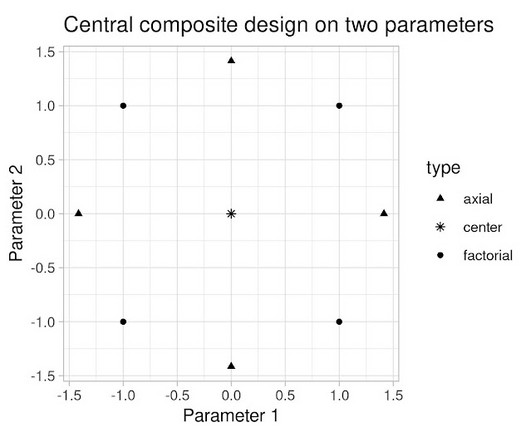Towards optimal experimentation in online systems
The Unofficial Google Data Science Blog
APRIL 23, 2024
To find optimal values of two parameters experimentally, the obvious strategy would be to experiment with and update them in separate, sequential stages. Our experimentation platform supports this kind of grouped-experiments analysis, which allows us to see rough summaries of our designed experiments without much work.













Let's personalize your content